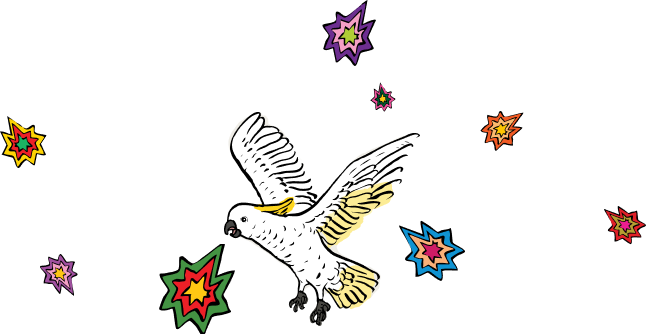Reviewed by: The Adelaide Show
The Pash is a short and intriguing play by local playwright, Rita Papillo, who has returned to writing for the stage after a “significant hiatus”.
This three-hander centres on the story of a middle-aged woman (Katie O’Reilly”) who realises she has become “invisible”, a plight that many people experience, of all genders, first brought to this writer’s attention by Leonard Cohen bemoaning the consequences of “the years”.
Papillo has chosen some rich territory to explore here because anybody who has racked up a modest number of years on the body clock, will empathise with the main character and perhaps arrive at a new awareness of how insidious this inclination-to-youth is in our culture.
On the surface, this story is presented simply, through a series of small scenes or vignette, with O’Reilly accompanied at all times by a narrator (Lucy Slattery) and a musician and singer (Ria Loof).
This is rudimentary or elemental storytelling.
The prelude to “the pash” has O’Reilly’s character feeling a little out of the Fringe scene while dealing with some familial (and internal) pressures. She contentedly shuts out the world before relenting and, on a whim, deciding to head into the Adelaide Fringe for a little night entertainment.
It is at this point where the light, polite, and almost quaint play becomes deeper, more brooding, more reflective. O’Reilly’s talents are crucial during this climax of the play, as she expertly draws us into her internal world; we taste that kiss, and we witness the shift and the signs of life and new growth that begin awakening.
The “pash” itself is treated delicately and without Hollywood treatment because it is not our destination, it is but a fundamental landmark on our journey.
Quite masterfully, the new thinking and the transformation in the wake of the kiss, transports us lightly to a subtle ending.
Slattery’s narration is sure and steady, with some cheeky and physical interplay between her and O’Reilly’s character. Equally, Loof’s simple playing and resonant singing, provides aural depth to the production.
Nikki Allen has directed this tender play with respect and empathy for the play, trusting the story rather than adding spice or bluster for dramatic effect.
Skye McVicar’s angular, elemental, and partitioned set design is nicely lit by Michael Allen and together these elements complement the whimsical, storybook nature of the piece.
Intriguingly, this middle-age character punctuates her life with emojis, at once displaying her internal association with young-persons’ culture, while also seasoning her story with pathos through succumbing to such juvenile, nonsense script (written by a fellow, middle-aged sojourner).
The Pash as a play is soft, gentle, and memorable, and would give any Fringe adventurers some memories to savour.




